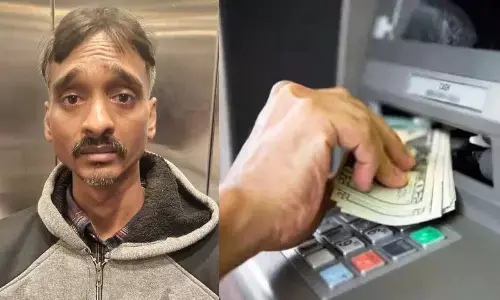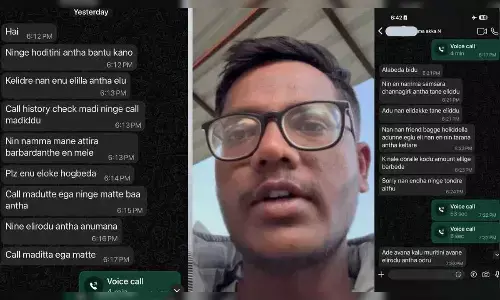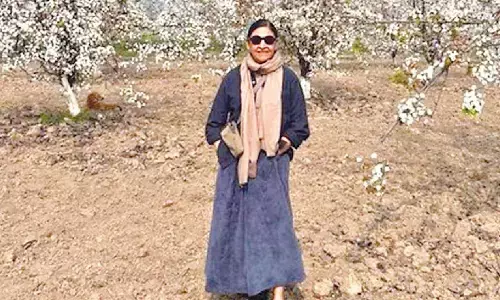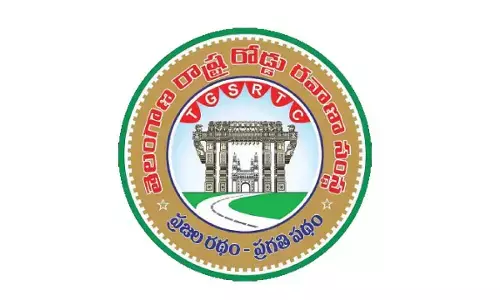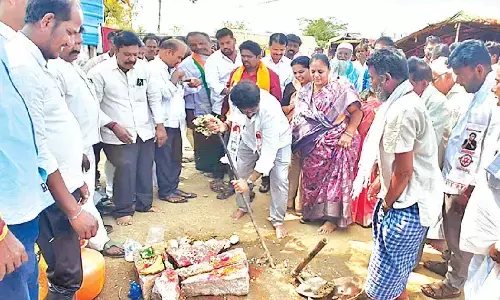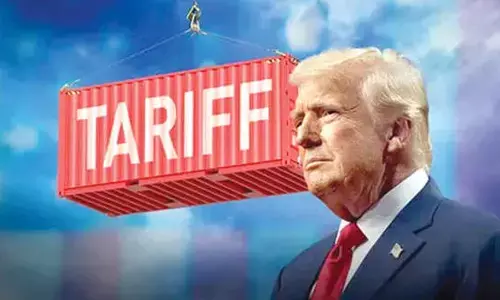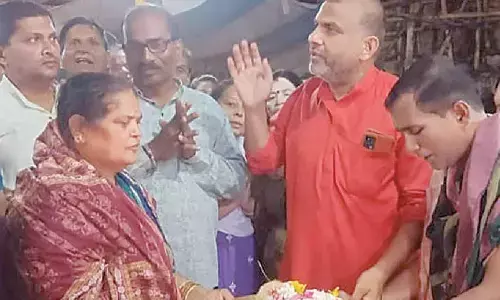President of India, an authoritative institution
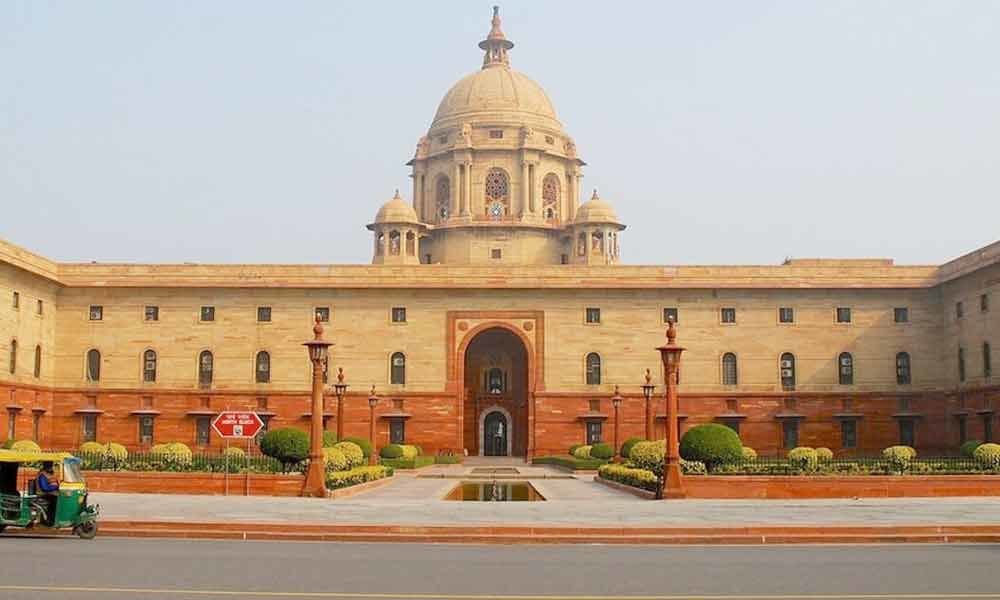
Who, the President or the Prime Minister, in accordance with the provisions of the Indian Constitution, commands more power?
Who, the President or the Prime Minister, in accordance with the provisions of the Indian Constitution, commands more power? An academic discussion advocates that it's the President who is supreme and more powerful than the Prime Minister.
If one fundamentally ponders over, before actually going into the niceties, the President is elected by all the elected peoples' representatives of Lok Sabha and State Legislatures as well as the Rajya Sabha, whereas the Prime Minister is just the leader of the majority party in the Lok Sabha! Thus, certainly, the President is more representative in character.
The Constitutional provisions nowhere either explicitly or implicitly stated that Prime Minister is more powerful than the President. Most of the constitutional pundits often quote the experience of Britain the model of which India adopted. But the fact is that India did not in toto adopt British model and the quintessence is, it is partly parliamentary form and partly Presidential form.
The real "functionary" according to the Constitution is President and not the Prime Minister. Article 74 of Constitution of India speaks about "Council of Ministers to aid and advise President".
It reads as: There shall be a Council of Ministers with the Prime Minister at the head to aid and advise the President who shall, in the exercise of his "functions", act in accordance with such advice.
The President of India is the head of state of the Republic of India. He is the formal head of the executive, legislature and judiciary and is also the commander-in-chief of the Indian Armed Forces.
Article 53 of the Constitution of India states that the President can exercise his or her powers either directly or by a subordinate authority to him in accordance with the provisions of the Constitution.
The more controversial and debatable legislative power of the President however has always been the ordinance making power. Thus, the President possesses enormous power.
The President has the power to appoint all important offices including those of the Prime Minister and other Central Ministers, Governors, Judges of the Supreme Court and the High Courts and even Election commissioners.
He even has the authority to appoint commissions with respect to the administration of scheduled areas. Most importantly the President is vested with extensive powers during Emergency under Article 352 to 360 of the Constitution including suspension of fundamental rights. Moreover, every Bill comes to him for his assent and he can either refuse to give his assent or send it back for reconsideration.
The office of the President is very august and the Constitution attaches to it many privileges and immunities. In practice, the President's role is comparable to those of a constitutional monarch.
The powers and functions that have been vested in the President of India may be classified under the Executive powers, Legislative powers, Military powers, Diplomatic powers, judicial powers, financial powers and Emergency powers.
The executive power includes the power to appoint and remove the high constitutional authority of the country. Under this power he appoints the Prime Minister and other members of the Council of Ministers and distributes portfolios among them. He also appoints the judges of the Supreme Court and the High Courts in the states.
He also enjoys the power to remove the Prime Minister and other ministers and all of those whom he gives appointment. The President of India is an integral part of the Union Parliament. The Parliament cannot function without involving him.
President shall, before entering upon his office, make and subscribe in the presence of the Chief Justice of India, an oath or affirmation saying that he or she will faithfully execute the office of President (or discharge the function of the President) of India and will to the best of his or her ability preserve, protect and defend the Constitution and the law and that he or she will devote himself or herself to the service and well-being of the people of India.
Article 75 of Constitution of India says that the Prime Minister shall be appointed by the President and the other Ministers shall be appointed by the President on the advice of the Prime Minister.
In the constitution of India, there are no special provisions specified to choose a Prime Minister of India. It is purely President's discretion. The President is the head of the State whereas the Prime Minister is the head of the Government only.
The Head of the State has absolute right and absolute discretion to choose the Head of the Government and examples of this are plenty in Britain. In 1894 Queen Victoria by using her discretionary power appointed Lord Rosebery as Prime Minister contrary to the advice given by outgoing PM Gladstone.
Again in 1957 Queen Elizabeth imposed her own choice and appointed Harold Macmillan as PM instead of Butler who should have been actually made. This she did even before the Conservative Party elected its leader.
In India an occasion for real exercise of the power to appoint Prime Minister arose for the first time when Sarvepalli Radhakrishnan was President. According to Michel Brecher, in his book Succession in India, the President exercised his discretion and appointed GL Nanda as PM even before the Congress Party could indicate its choice following Jawaharlal Nehru's death.
Radhakrishnan again followed the same procedure and appointed GL Nanda when Lal Bahadur Shastri died. However, on both the occasions Nanda turned out to be mere caretaker PM.
After Indira Gandhi's assassination President Zail Singh, even before Rajiv Gandhi was elected as Congress Party Parliamentary leader, appointed him as PM.
Consequent to 1989 general elections President Venkatraman, while inviting VP Singh after Congress refused to form government and then after VP Singh's resignation in inviting first Rajiv Gandhi and then Chandrashekhar, exercised his discretionary powers.
If in the above case it was a discretionary role played by President, in 1979 it was a prominent role. Inviting YB Chavan after Morarji's resignation by President N Sanjeeva Reddy and later denying Morarji to give yet another chance but finally preferring Charan Singh over Morarji after checking the lists of supporting MPs of both of them could be termed as President playing a prominent as well as discretionary role.
Charan Singh however, was asked to seek vote of confidence of the House which happened for the first time in India. Within 25 days Charan Singh resigned without facing Lok Sabha and recommended for its dissolution. He was allowed to continue as caretaker PM and elections were held.
Though the President became a target of attack from several corners nothing could be done against him. All because President was powerful than the comments!
President, in asking Charan Singh to continue as PM, arisen out of the Constitutional obligation that, there shall be council of ministers to aid and advise him in the exercise of his functions.
Thus, it could be clearly seen that during Sanjeeva Reddy's time the President proved to be more powerful. He had his choice of appointing PM, dissolving Lok Sabha and setting guidelines for the functioning of Charan Singh government.
This is an ample proof that the Prime Minister and his council of ministers hold office at the pleasure of President.
The President may also exercise his discretionary power, which is inherent in the Constitution, in dismissing a PM even if he or she enjoys majority in Lok Sabha, though there is no precedent and in future also highly unlikely.
If the President does not exercise his discretion when situation demands, then, it is a failure on his or her part to preserve, protect and defend the Constitution and the law.
(The author is CPRO to CM, Telangana)



